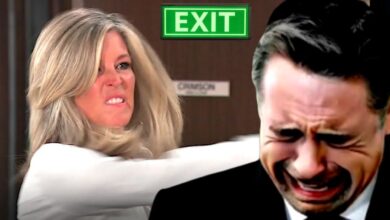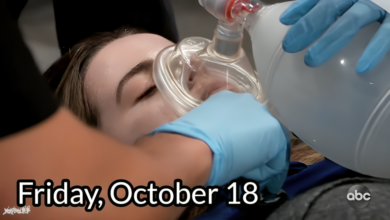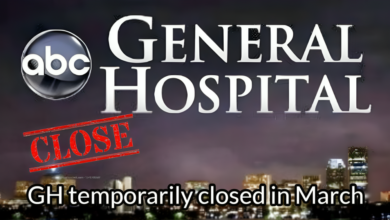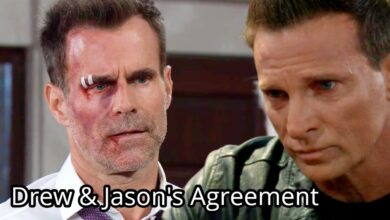GH temporarily suspends production, reveal reason for temporary suspension General Hospital Spoilers
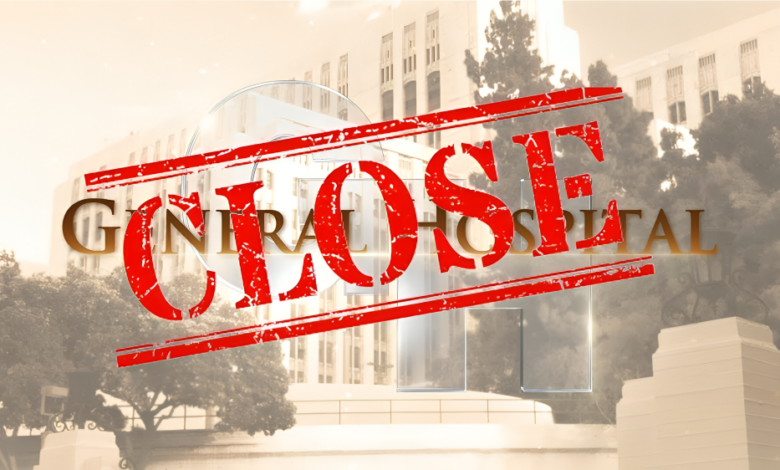
General Hospital Temporarily Suspends Production: A Shocking Twist Behind the Scenes
ABC’s long-running soap opera General Hospital has stunned fans with the announcement of a temporary production halt, citing the distressing overlap between its fictional fire storyline and the real-life devastation caused by wildfires in Los Angeles County, particularly in the Hollywood Hills. This decision, while a testament to the show’s social responsibility, has sparked heated debates among fans and industry insiders alike.
The Controversial Decision
The storyline in question centers around a dramatic fire at Michael Corinthos’ penthouse, a pivotal moment designed to shake up the dynamics in Port Charles. However, with wildfires forcing thousands of real-life evacuations in Los Angeles County, the scenes have struck a nerve with audiences. ABC’s quick response—issuing a content warning and ultimately halting production—has divided the fanbase.
Supporters of the move commend the network’s sensitivity. “I respect the way General Hospital handled this,” one viewer posted on social media. “They understand that not everyone can watch these scenes without feeling pain.” Critics, however, are less forgiving. “Why didn’t they anticipate this when developing the plot?” asked another fan. “It’s hard to accept when the episodes were building to such a climax.”
Real-Life Tragedy Hits Home
Compounding the controversy is the revelation that cast member Cameron Mathison’s home was destroyed in the ongoing wildfires. This personal tragedy has added emotional weight to the production’s decision and raised questions about how much real-life events should influence fictional storytelling. Meanwhile, actor Chad Duell’s departure has left a significant void, especially given his character’s central role in the Corinthos family’s intricate web of relationships.
Ethical Questions and Industry Impact
The decision to pause production highlights the ethical dilemmas faced by entertainment creators: how to balance compelling drama with respect for real-world events. Critics argue that the writers should have avoided such sensitive themes entirely, especially given the increasing frequency of natural disasters. Others view the hiatus as a necessary gesture of empathy.
This pause also raises broader questions about the industry’s approach to adapting in real time. While some see it as an opportunity for General Hospital to demonstrate adaptability, others worry about the potential loss of momentum and audience trust. “This could either be a turning point or a misstep,” noted an industry analyst. “How the show bounces back will be crucial.”
What’s Next for General Hospital?
The production halt provides the creative team with a chance to reassess their approach. Reports suggest major rewrites are underway, with the goal of balancing the intensity fans expect while showing sensitivity to current events. Additionally, the return of beloved characters—a move often employed to reignite fan enthusiasm—is rumored to be in the works.
Still, the shadow of the wildfires looms large. Viewers are not only concerned about unresolved plotlines but also deeply empathetic to those affected by the disasters. The producers’ next steps, from script revisions to the timing of the show’s return, will determine whether General Hospital can navigate this turbulent moment.
A Crossroads for Soap Opera History
As one of television’s longest-running dramas, General Hospital is no stranger to navigating crises. Yet this situation is unprecedented, intertwining fiction and reality in a way that tests the boundaries of storytelling. The upcoming episodes will not only be a litmus test for the show’s resilience but also a defining moment in its legacy.
Will General Hospital emerge stronger, reaffirming its place in the hearts of its devoted audience, or will this controversy leave lasting scars? Fans and industry insiders are watching closely, knowing that the future of Port Charles—and perhaps daytime television itself—hangs in the balance.
